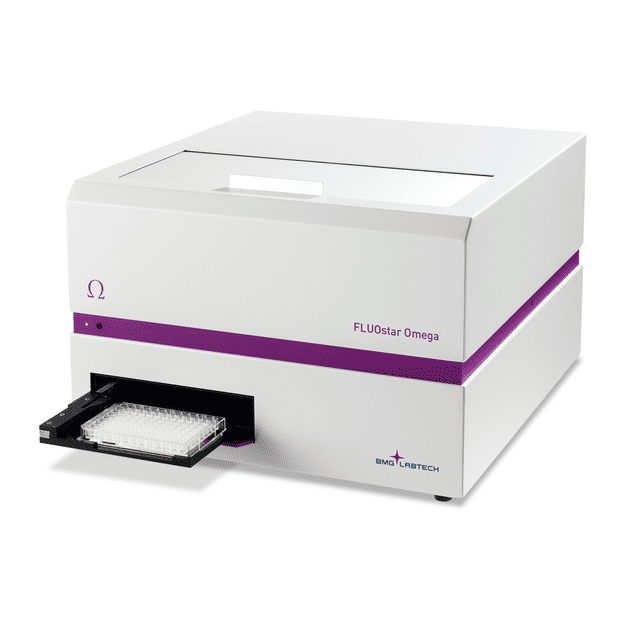Applied Biosystems to Invest in VisiGen Biotechnologies
Next Generation Sequencing Technology May Hold Promise of the $1,000 Genome
Advertisement
Applied Biosystems Group, an Applera Corporation business, and VisiGen Biotechnologies, Inc., announced that Applied Biosystems has signed a definitive agreement to make an equity investment in privately held VisiGen, a next-generation sequencing technology company, and to enter into a scientific collaboration agreement with VisiGen concurrent with the closing of the investment. The investment and the collaboration are subject to closing conditions specified in the investment agreement, including VisiGen's receipt of an additional investment from SeqWright, Inc., an existing VisiGen shareholder, and other conditions that are customary for a transaction of this type. The companies expect that Applied Biosystems' investment will be made and the collaboration commenced by calendar year end. Financial terms of the transactions were not disclosed.
In August 2005, VisiGen was awarded a "$1,000 Genome" grant from The National Human Genome Research Institute (NHGRI), part of the National Institutes of Health (NIH) to advance the development of innovative sequencing technologies intended to reduce the cost of DNA sequencing and expand the use of genomics in biomedical research and health care. The ability to sequence an individual genome cost-effectively could enable health care professionals to tailor diagnosis, treatment, and prevention to each person's unique genetic profile.
DNA sequencing based on capillary electrophoresis revolutionized the world of biological science and led to the sequencing of the human genome and other important model organisms. The success of these genome projects has only whetted the appetite of the scientific community, thus creating demand for cheaper, faster, and more sensitive sequencing technologies.
VisiGen's technological approach to DNA sequencing is based on the ability to analyze a single molecule of DNA in real-time, which has the potential to drastically reduce the cost of sequencing while simultaneously significantly improving throughput over existing commercially available technologies. This solution could provide a quantum leap in scope and scale of research aimed at uncovering the genetic basis of common diseases, such as cancer, heart disease, and diabetes.



















































